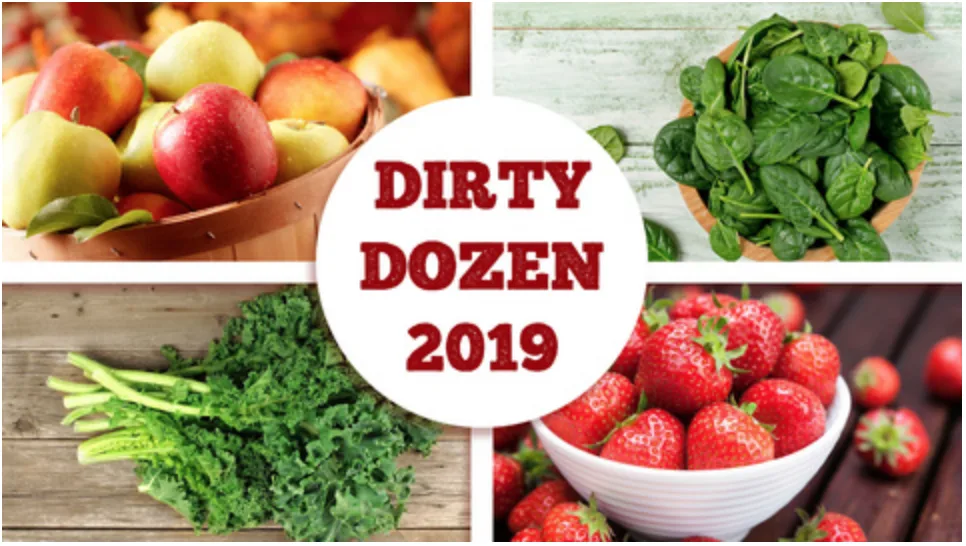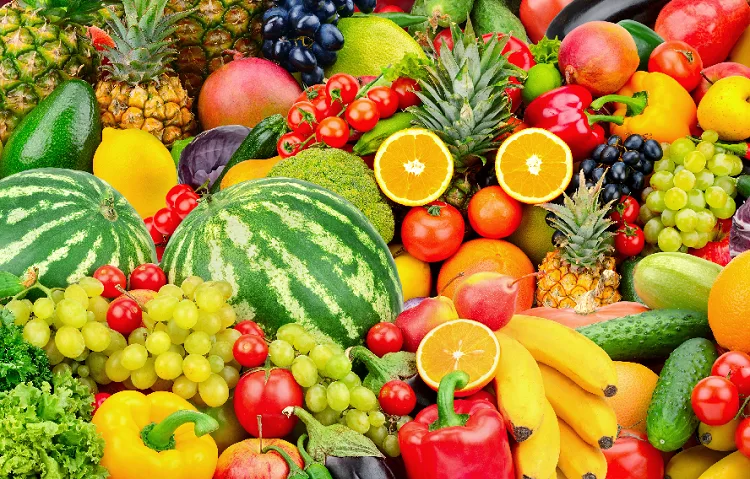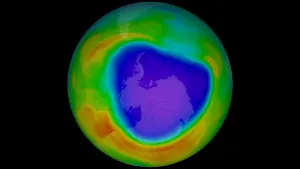
BIGGEST OFFENDERS: The one thing to know about strawberries
When people talk pesticides, strawberries usually come up. We spoke with a nutritionist to find out why.
In March, the Environmental Working Group (EWG), a US-based consumer advocacy organization, released its latest report on pesticide use in fruits and veggies that are sold in the U.S.
The findings are broken down into two categories: The 2019 'dirty dozen', which ranks the foods containing the most pesticides from highest to lowest and a "clean fifteen", which lists foods that were found to contain little-to-no pesticides.
Strawberries, spinach and kale are among the worst offenders this year.

Courtesy: Getty Images.
This isn't the first time strawberries have topped the list, for a few reasons.
"Strawberries are irresistible to common pests such as slugs, weevils, fruit flies and other critters, they are juicy, sweet and don’t have a tough outer peel for the insect to have to gnaw through," says nutritionist Diane Murphy.
They're also highly susceptible to a common disease called gray mould - a fungal infection that is often controlled by using fungicides.
While some of the pesticides used on the fruit can be washed off with water and rain, others are designed to resist added moisture and penetrate the produce.
PESTICIDE REGULATIONS DIFFER IN CANADA
All products tested in the report were taken from samples by the U.S. Food and Drug Administration, which has different regulations surrounding pesticide use.
Currently, there is no comparable list of "clean" and "healthy" fruits and veggies using data from the Canadian Food Inspection Agency, making it hard to determine if the big "offenders" on EWG's list contain comparable levels of pesticides in produce sold in Canada.
The Canadian Food Inspection Agency estimates roughly 88 percent of all fresh fruit and veggies sold in Canada contain no traces of pesticides, according to Crop Life Canada.
The government of Canada strictly regulates pesticide use in Canada under the Pest Control Products Act.
Health Canada prohibits the use of pesticides known to cause cancer or illness. It only registers products known that do not harm health or the environment.
That said, here are EWG'S 2019 'winners' and 'losers'.
THE DIRTY DOZEN
Strawberries
Spinach
Kale
Nectarines
Apples
Grapes
Peaches
Cherries
Pears
Tomatoes
Celery
Potatoes
THE CLEAN FIFTEEN
Avocados
Sweet corn
Pineapples
Frozen sweet peas
Onions
Papayas
Eggplants
Asparagus
Kiwis
Cabbages
Cauliflower
Cantaloupes
Broccoli
Mushrooms
Honeydew melons
The complete analysis can be found here.
With files from Weather Network reporter, Rachel Schoutsen










